Unthreaded stainless steel pins are mechanical fasteners that don’t require a thread and can be put into pre-drilled holes without corroding. Read More…
Here at NSK Industries, Inc. we are a turnkey manufacturing which means we will supply your cold forming needs with a short amount of lead time. Our company manages four facilities and we strive to be an unsurpassed supplier. We have the background and production lines that can get your projects done regardless of complexity. We are eager to adhere to your specifications. Please visit our website ...

As cold forming, threading and knurling specialists since 1970, we are highly skilled at manufacturing a wide selection of cold headed parts, including carriage, hex & wheel bolts, double end studs, high performance stud pins, rivets and specialty fasteners. Check out our size and style capabilities.

We are committed to customer satisfaction here at Universal Rivet Inc. We stock a wide variety of steel pins which results in fast turnaround on all orders but we also can customize any design to match your requests. Our economical solutions are durable and our seasoned teams are here to answer all of your questions. Contact us today if you would like to learn more about our company!

Blue Ridge Metals offers the very best in Wire Processing and Cold Formed products. All cold headed fasteners and components are produced and accomplished in strict conformance to the requirements of our customer specifications. Drawing on an unparalleled depth of experience, Blue Ridge Metals creates value for every customer through the fostering of teamwork and technology to better serve you.

More Stainless Steel Pin Manufacturers

Stainless Steel Properties
A broad range of corrosion-resistant steel alloys is referred to collectively as "stainless steel" in this context. Chromium, nickel, iron, manganese, silicon, carbon, nitrogen, sulfur, phosphorous, molybdenum, titanium, niobium, copper, tungsten, and vanadium are some of the elements that can be found in these alloys—the properties of the resulting alloy change when the proportions are altered.
Why Stainless Steel Pins are Corrosion Resistant
Low carbon steel with at least 10.5 percent by weight of chromium is known as stainless steel. By enabling the formation of an invisible chromium-oxide film on its surface, referred to as a passive layer, chromium provides the steel with its anti-corrosion feature. When oxygen is present, even in small amounts, this layer or film can repair itself if it is physically or chemically damaged. By increasing the chromium content and adding other elements to the alloy, such as nickel, molybdenum, and titanium, stainless steel's resistance to corrosion may be improved.
Types of Stainless Steel Pins
Bollard pins of stainless steel come in various styles, including elastic cylindrical pins, internal thread cylindrical pins, threaded cylindrical pins, hole pins, and common cylindrical pins. The following are the distinctions between tapered pins and stainless steel bollard pins:
- Various processing. Pre-machined pins for stainless steel bollards are an option, and tapered pins are typically provided.
- While tapered pins are frequently used for repeated disassembly, stainless steel bollard pins are frequently utilized for precision positioning (first processing).
- A taper pin is frequently used for placement, and a stainless steel bollard pin can withstand shearing.
A little load can be supported by the stainless steel bollard pin, which is fastened with a minor interference in the reamed hole. It is not suggested to disassemble the stainless steel bollard pin often to guarantee positioning precision and tightness of the connection. Bollard pins made of stainless steel are primarily used for positioning but can also be used as connection and safety pins.
A 1:50 taper, good self-locking, high positioning precision, quick installation, and little impact on positioning accuracy from repeated assembly and disassembly distinguish the tapered pin from the stainless steel bollard pin. Therefore, it is mostly used for positioning, though pin holes must be reamed before using it as coupling pins.

- Stainless steel dowel pins: Among the common stainless steel pins are dowel pins made of stainless steel. A dowel pin is just a plain solid cylinder inserted into a hole. The pin may be squeezed and kept securely in place by friction since the hole normally has a slight interference fit. Dowel pins frequently have chamfered ends to make insertion easier. While wooden dowels are used in joinery, stainless steel dowels are used to position components accurately.
- Stainless steel grooved pins are solid pins with three grooves swaged along some or all of their length. They are typically composed of stainless steel. Compared to a solid dowel pin, the outcome is a pin that is stronger and more elastic.
- A wedge or tapered pin is an example of an object placed into a hole. The object is squeezed as it is entered, providing friction that prevents it from coming undone because of its tapered shape. In some contexts, the term "cotter pin" may refer to a split pin, R-clip, or circular cotter.

Advantages of Stainless Steel Pins
Most significantly, stainless steel fasteners are resistant to corrosion. They are completely recyclable, environmentally beneficial, and have a great life cycle. Manufacturing stainless steel pins is relatively inexpensive since stainless steel is generally affordable. Due to their aesthetic attractiveness, stainless steel pins are preferred. Stainless steel fasteners are the material of choice for practically all applications because of their resistance to both extreme heat and cold. The advantages of stainless steel pins include the following.
- Largely Non-Magnetic
- Reasonably Inexpensive
- Readily Available
- ROHS Compliant
Disadvantages of Stainless Steel Pins
- One potential drawback of stainless steel pins is that they are typically more expensive than equivalent pins manufactured from other materials of standard quality.
- Although stainless steel pins are simple to clean and maintain, they also tend to show fingerprints and smudges more dramatically. As a result, wiping them down more frequently is necessary to keep them looking fantastic.
- Although stainless steel pins tend to blend in well with a variety of different styles, they might still clash in certain situations. They might be effective when creating food processing equipment, but they might also be jarring if the machine needs a different hue. In other contexts, stainless steel could give off an overly industrial vibe. It all relies on design, style, and other factors.
Choosing the Right Stainless Steel Pins Manufacturer
To make sure you have the most productive outcome when purchasing Stainless Steel Pins from a Stainless Steel Pins Supplier, it is important to compare at least 4 or 5 Manufacturers using our list of Stainless Steel Pins manufacturers. Each Stainless Steel Pins Supplier has a business profile page that highlights their areas of experience and capabilities and a contact form to directly communicate with the manufacturer for more information or request a quote. Review each Stainless Steel Pins company website using our proprietary website previewer to get an idea of what each business specializes in, and then use our simple RFQ form to contact multiple Stainless Steel Pins companies with the same form.





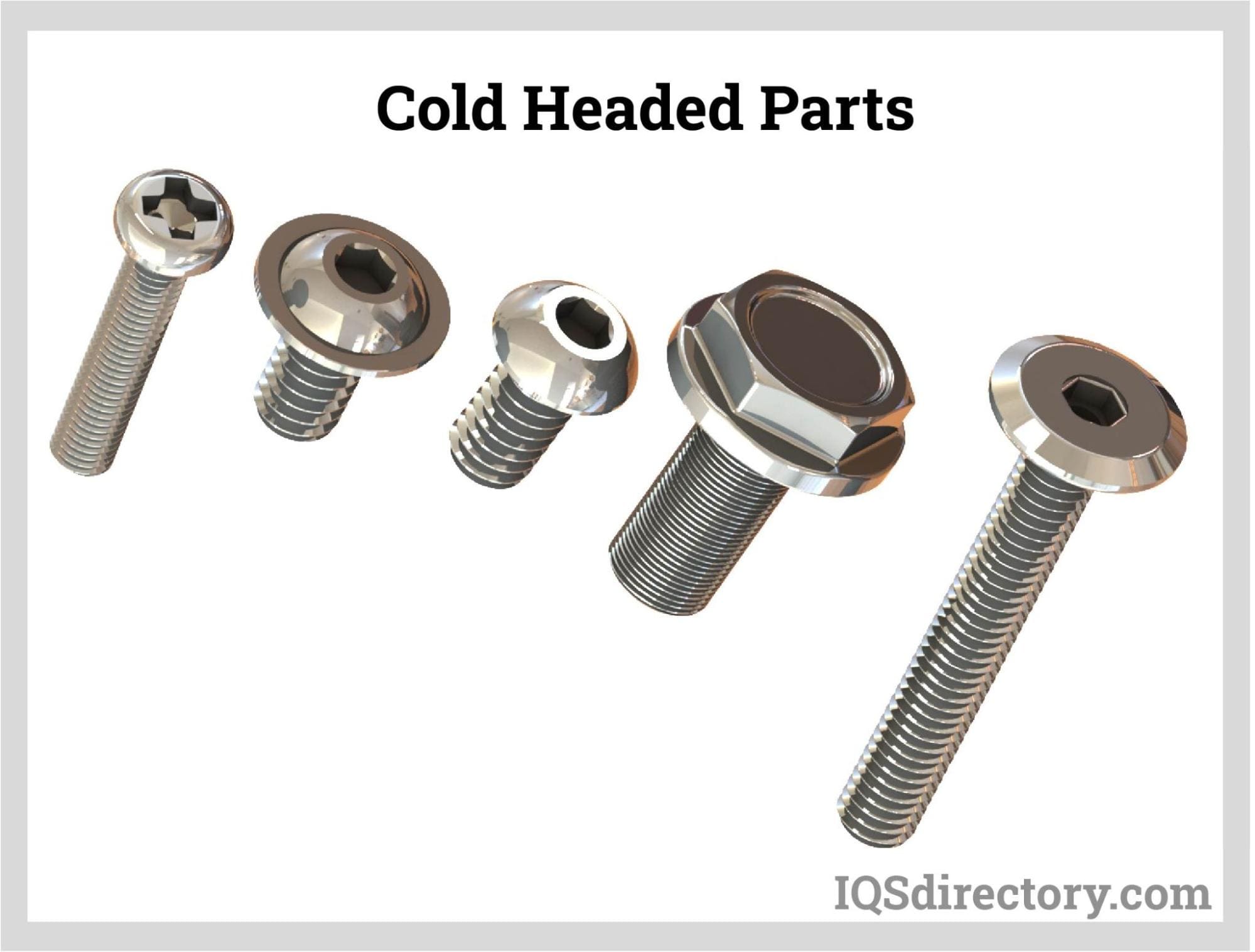
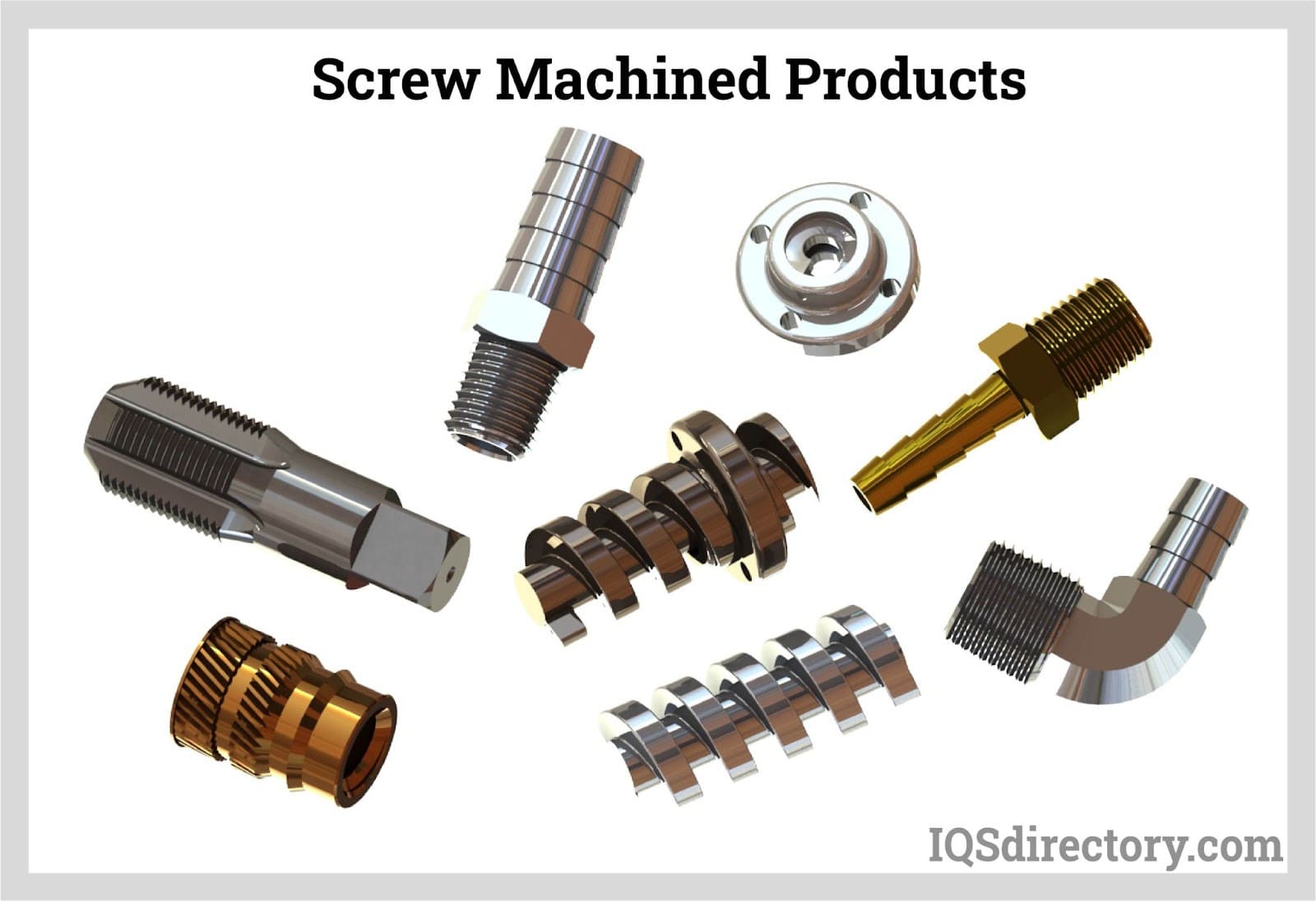
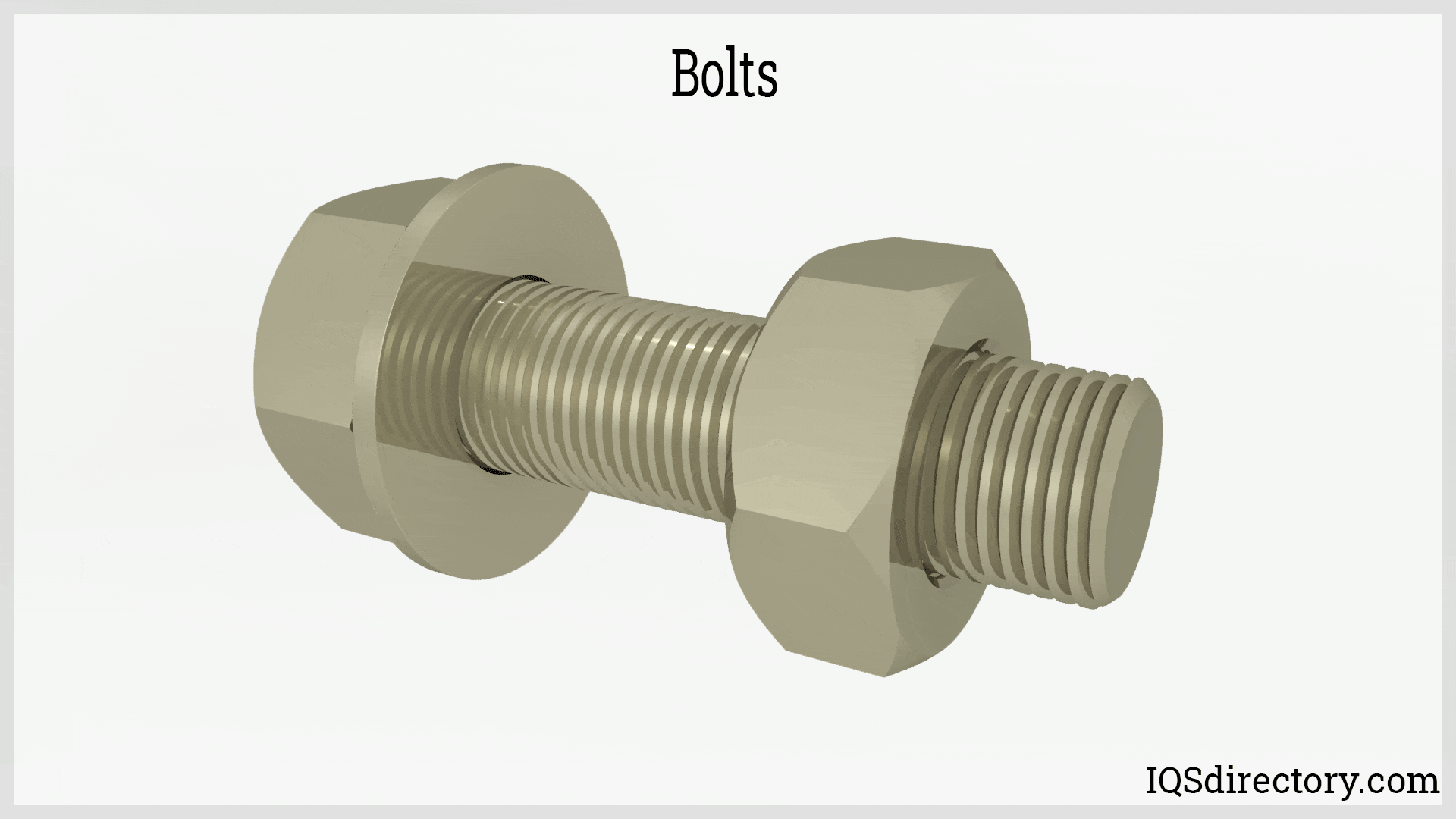
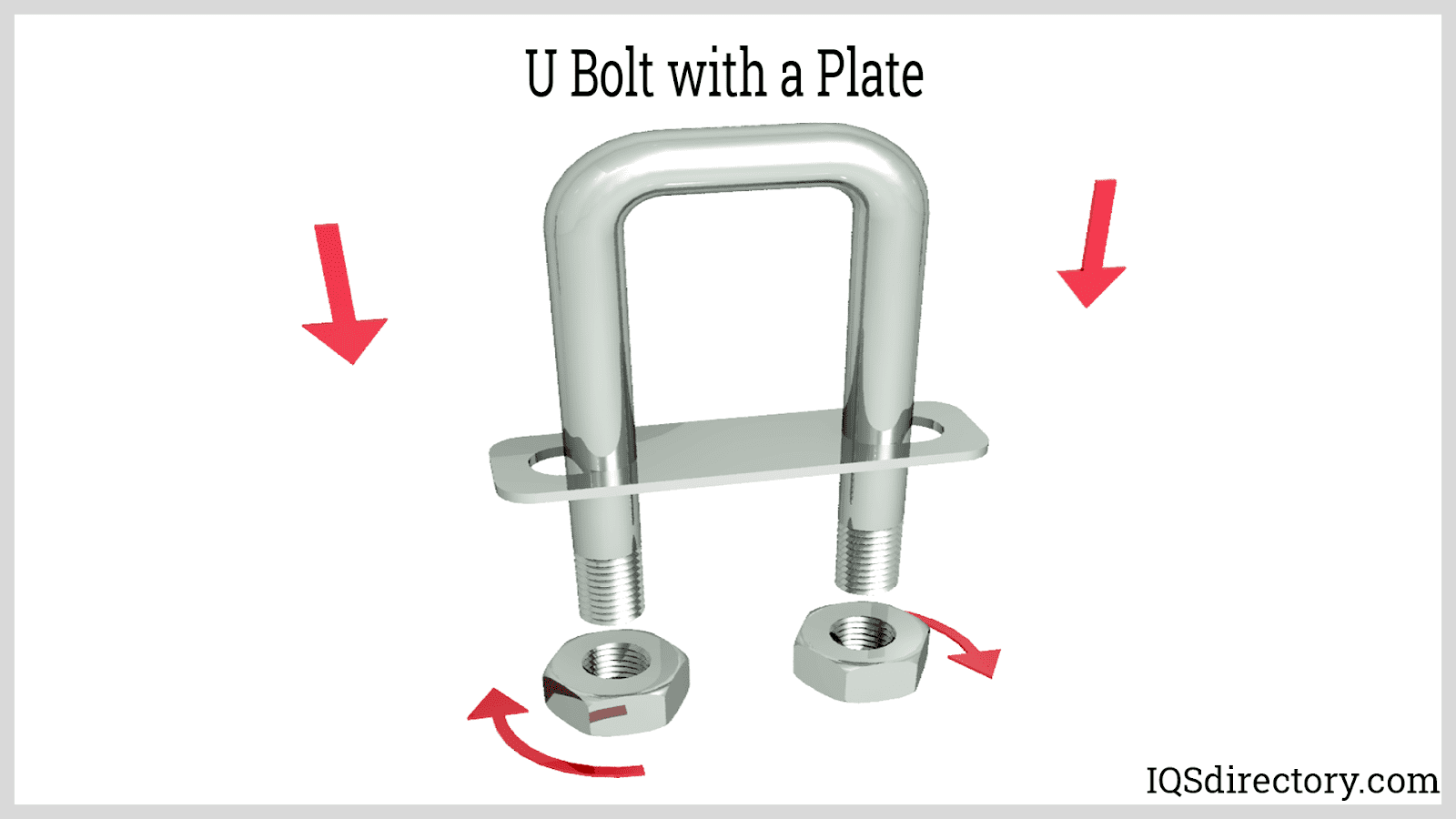
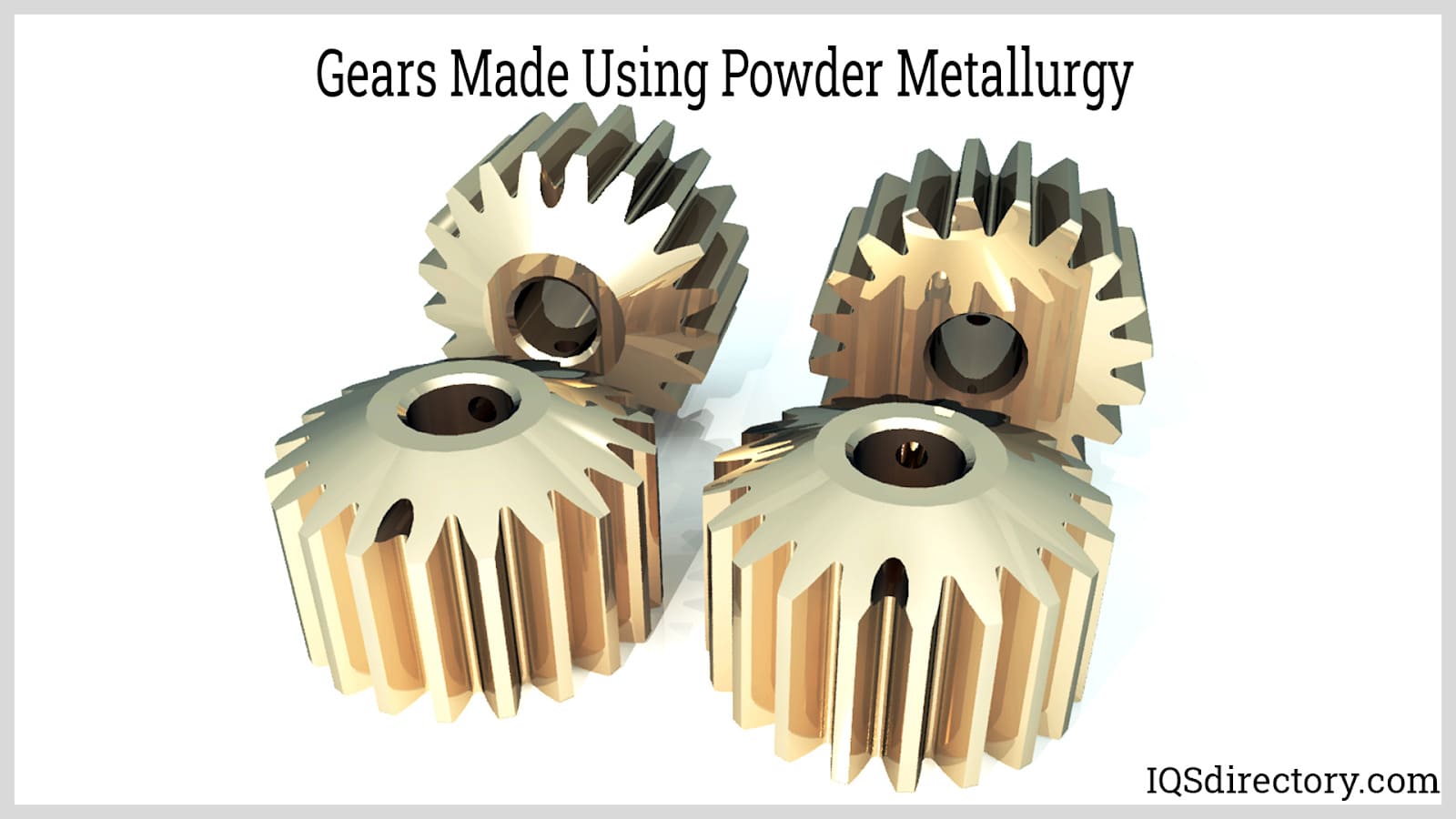
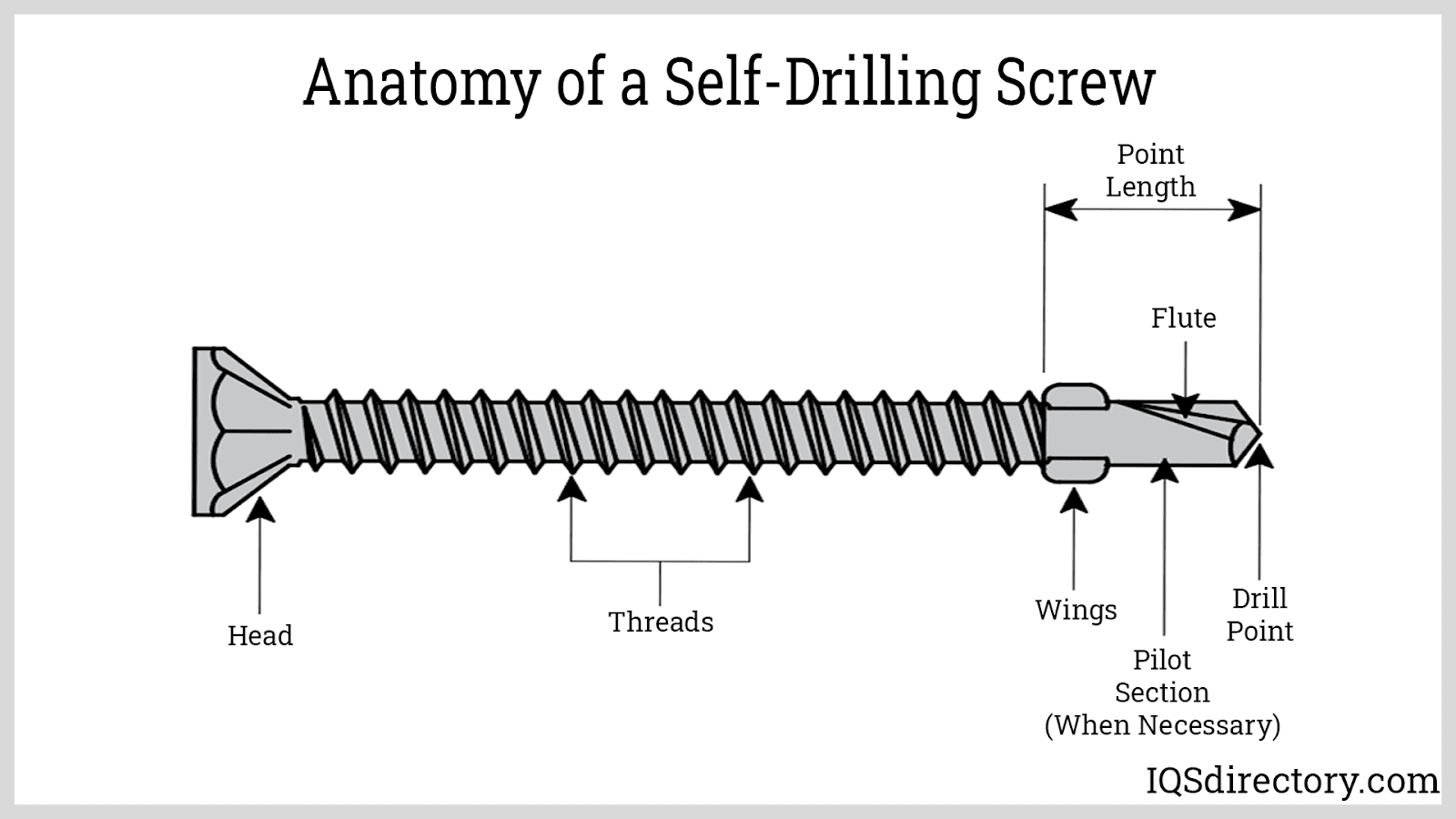
 Cold Headed Parts
Cold Headed Parts Expanded Metals
Expanded Metals Metal Spinning
Metal Spinning Powdered Metal Parts
Powdered Metal Parts Roll Forming
Roll Forming Springs
Springs Wire Forms
Wire Forms Wire Mesh
Wire Mesh Castings & Forgings
Castings & Forgings Bulk Material Handling
Bulk Material Handling Electrical & Electronic Components
Electrical & Electronic Components Flow Instrumentation
Flow Instrumentation Hardware
Hardware Material Handling Equipment
Material Handling Equipment Metal Cutting Services
Metal Cutting Services Metal Forming Services
Metal Forming Services Metal Suppliers
Metal Suppliers Motion Control Products
Motion Control Products Plant & Facility Equipment
Plant & Facility Equipment Plant & Facility Supplies
Plant & Facility Supplies Plastic Molding Processes
Plastic Molding Processes Pumps & Valves
Pumps & Valves Recycling Equipment
Recycling Equipment Rubber Products & Services
Rubber Products & Services